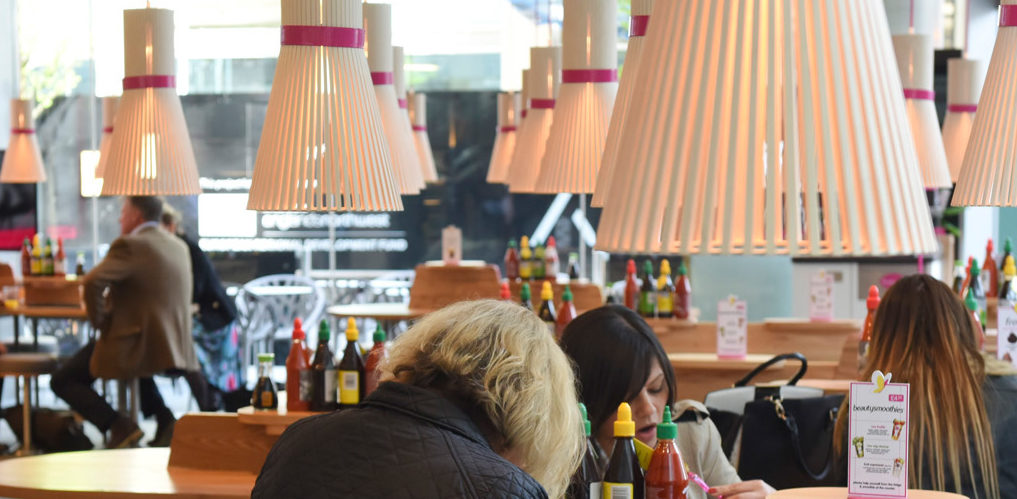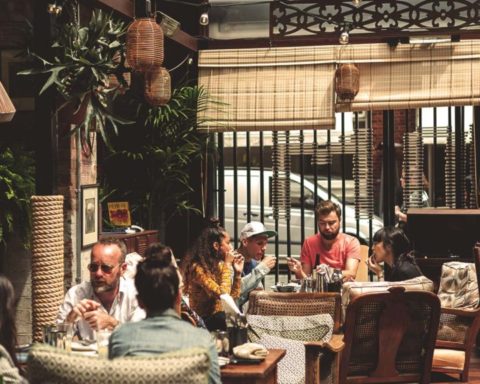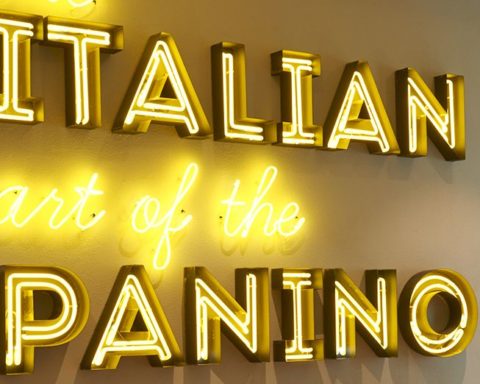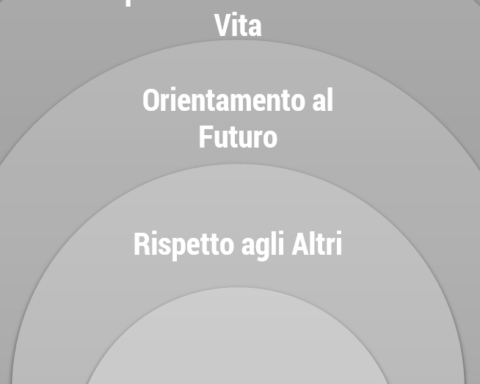In the Age of the Customer even small innovative targets contribute in “attack” the customer to the brand. In this example, we talk about Itsu, a brand born in London back in the 1997.
During our studies through European Europe capitals, resulted in the book Waiting for Starbucks (click here for free download), we came across Itsu in London. In the British metropolis where all the social, cultural and trendy innovations appear in advance, the paradigms of the modern metropolitan client have immediately emerged as well (click here to learn more). London is the city where four Fast Casual brands were born, which are real champions to know and fulfil the needs of wellness, speed and health of the metropolitan client. Pret a Manger, Eat, Itsu and Leon propose a concept which represents the most immediate surpassing of Fast Food.
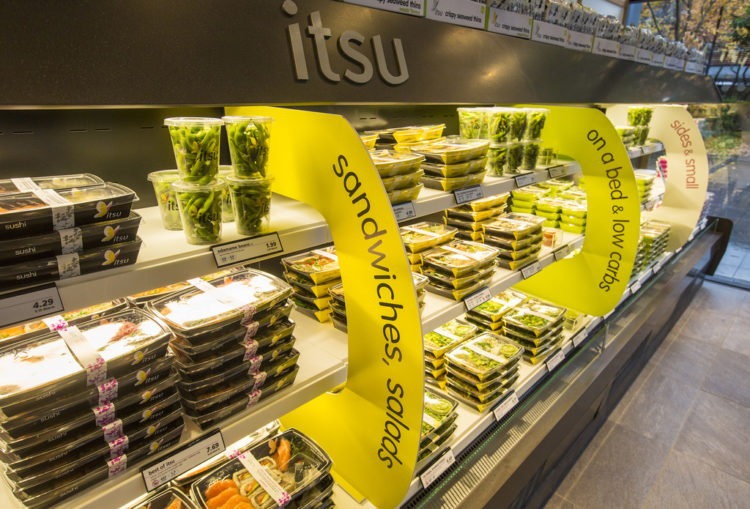 To draw a comparison, we can imagine that these realities have the shoulders, muscles and breath of a Fast Food. They are fast, efficient, tidy and offer a simple, informal and affordable (economic) experience to their customers. At the same time, they were able to respond to the demands and quality requirements of the modern consumer who lives in the metropolis. Starting from Pret a Manger, which has been the pioneer of this new proposal, the brands we mentioned have focused their investments on an offer made of these elements:
To draw a comparison, we can imagine that these realities have the shoulders, muscles and breath of a Fast Food. They are fast, efficient, tidy and offer a simple, informal and affordable (economic) experience to their customers. At the same time, they were able to respond to the demands and quality requirements of the modern consumer who lives in the metropolis. Starting from Pret a Manger, which has been the pioneer of this new proposal, the brands we mentioned have focused their investments on an offer made of these elements:
• Fresh and organic products.
• Dishes prepared daily, packaged and ready for consumption.
• Variety of choice.
Among these brands, Itsu is a specialized chain in Eastern kitchen. Since the beginning of its adventure, the brand has been seen by consumers as a reference point for all those who like to pursue a healthy lifestyle, but at the same time don’t want to lose the pleasure of a delicious and fresh dish. Because of the recall to a dynamic lifestyle supported by a highly nutritious and low-fat diet, Itsu has become a sponsor of the Volleyball England beach tour. Itsu offer is varied and offers a proposal that runs along different time slots: from breakfast to dinner: porridge, eggs, yoghurt for breakfast, sushi, salads and snacks for lunch and dinner.
We talked about Itsu during the second stage of the course Fast Casual & Customer Experience. Clarifying and formalizing a synthetic brand promise, Itsu has been able to apply a small innovation within its stores, which soon became a ritual immediately appreciated by the brand’s customers. Itsu offers daily to its customers fresh products and, in order to avoid wasting leftovers at the end of the day, it has placed a bell in each restaurant. The bell rings everyday 30 minutes before closing and signals to customers that 50% discount is applied on the remaining products from the stock.
Talking with some sales persons, they told us that since the bell was introduced many customers appreciate the innovation and many of them arrive for the last half-hour discounts. For a brand that promises a delicious and fresh dish, that was a simple and smart move: they show the customers that the product is used only during the day and, at the same time, they do not weigh down the restaurant’s economic performance because of unusable stocks.

